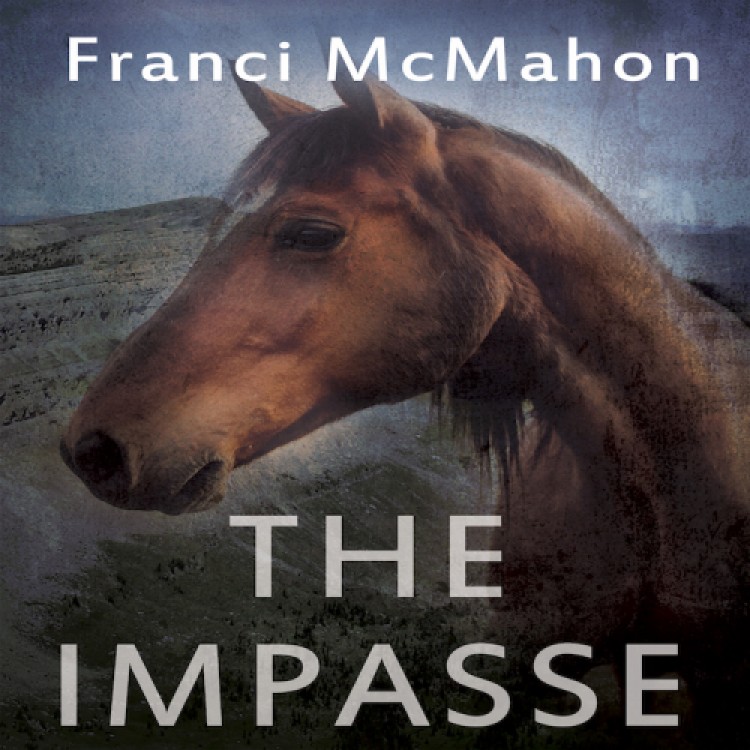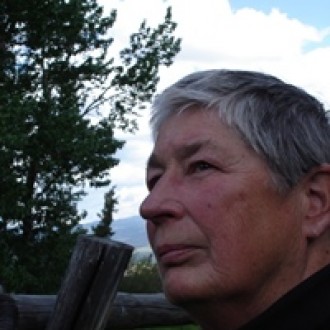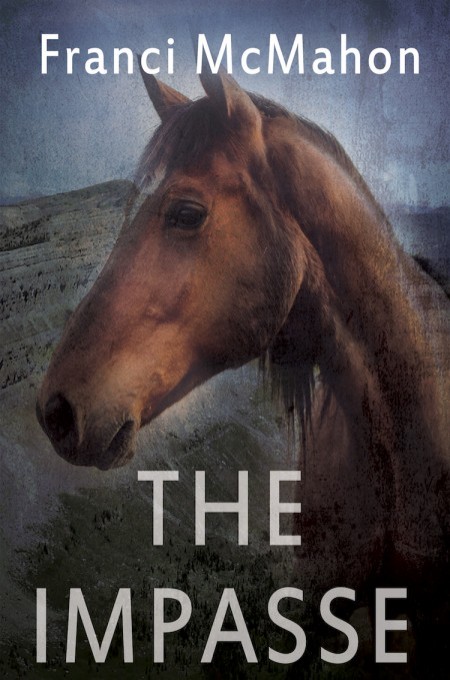Franci McMahon blogs:
I’ve sometimes wondered why there are so many research flaws in novels. I think the underlying problem is that we think we know things. We know a little but not enough to check to see if it is correct.
I’m hypersensitive about this in the area of horses because I know a lot about them from my over fifty years of breeding, raising the foals, training them and competing in many venues, and teaching children who won champion and reserve at Pony Club shows. I’ve done showing, combined training or Eventing, and long distance or competitive riding, plus just working cattle from the back of a horse. I am an authority. But you know what? I have to ask other horse women/men about horse racing because I know nothing (relative) about it. I know not much about the art of grooming a horse, really preparing them for a halter class, and I only know a drop in the bucket about a number of other horse areas—Packing, Gaited horses, both Tennessee walkers and South American Paso Fino etc. as well as all the areas I don’t even know enough to know I know nothing.
I mention this because there are often events or situations in our stories we need to ask at least one other person about. If we are fortunate we can ask a reader who is knowledgeable in that field to look the manuscript over. The GCLS offers a truly remarkable service in this area, Beta Readers, and content experts. If you are using a region, a time period, or a sport or field you are kind of hazy about, get it checked.
People who know things are more than happy to educate you, perhaps in more detail than you need, as in my example of my knowledge of horses. And it never hurts to get opinions from two sources, and then compare notes.
In my new novel The Impasse which takes place in the Montana wilderness, a wildfire is a crucial plot point. I turned to my friend Cheryl Martin, a diminutive and deceptively tough-as-nails woman who has led many firefighting crews. She agreed to vet my manuscript and I considered myself very fortunate.
One sloppy factual or unbelievable flaw is enough to create a sour taste in my mouth about a whole story, or even an author. One of the shocking things is that they can come from very experienced and adored authors. I won’t go into the lesbian scene, but I will tell you that a very popular male author who writes very gripping stories set in Wyoming referred to someone getting their doe elk. Right away that told me he was not a native of the West as he liked to present, because no one calls a female elk a doe. They are cow elk and nothing else.
So, even if you think you know a subject inside and out, be open to getting your material checked by one or an infinite number of authorities. But do give us those facts; they are really the meat, the flesh on the bones, of a good story.


